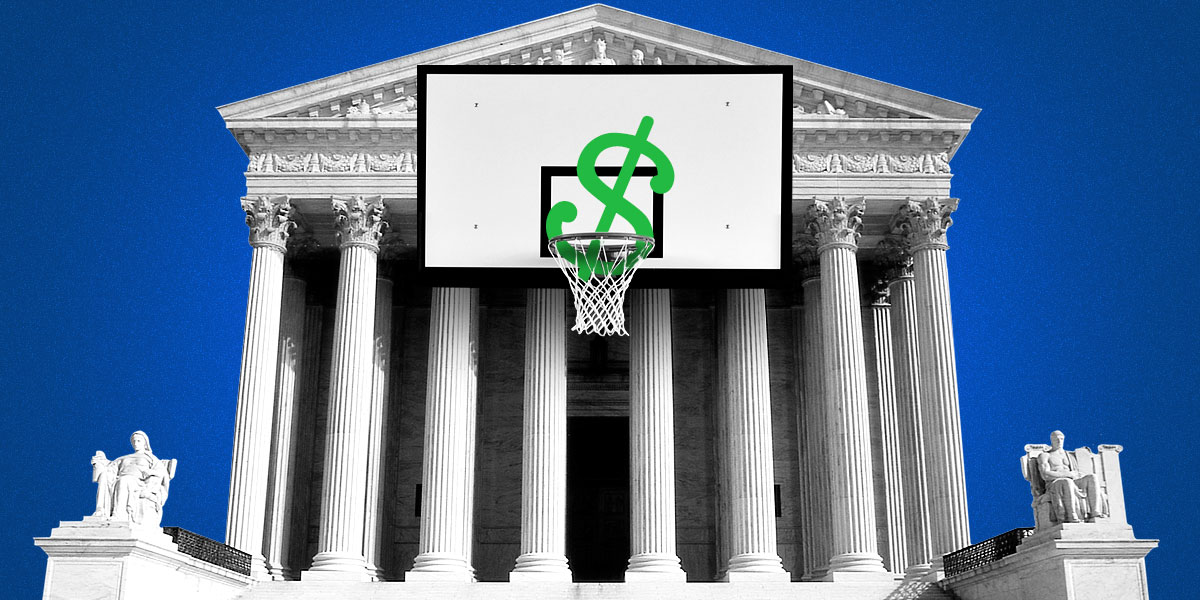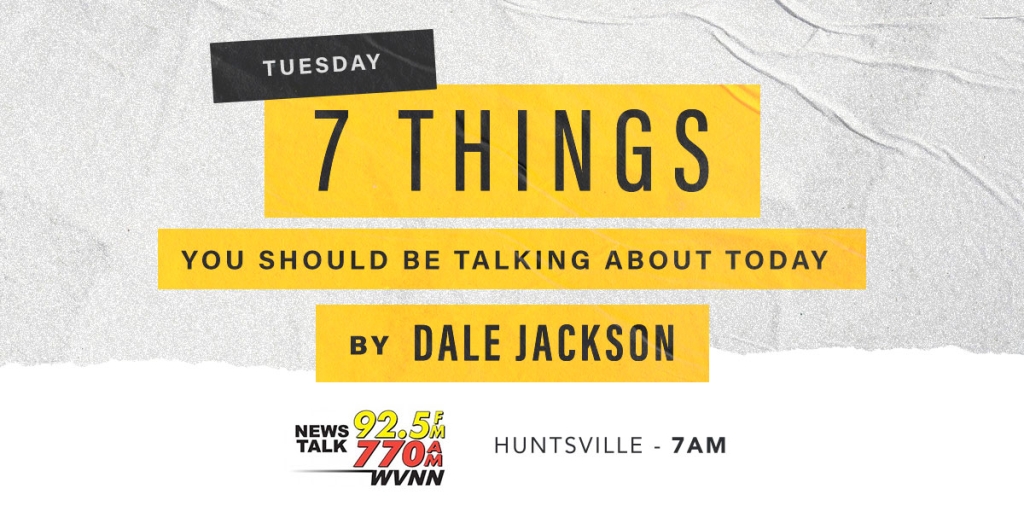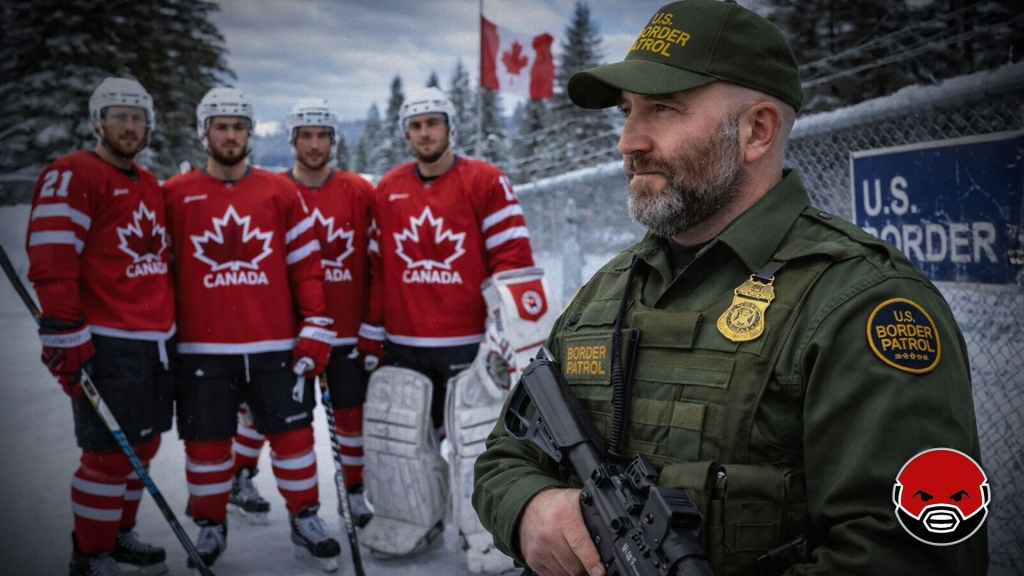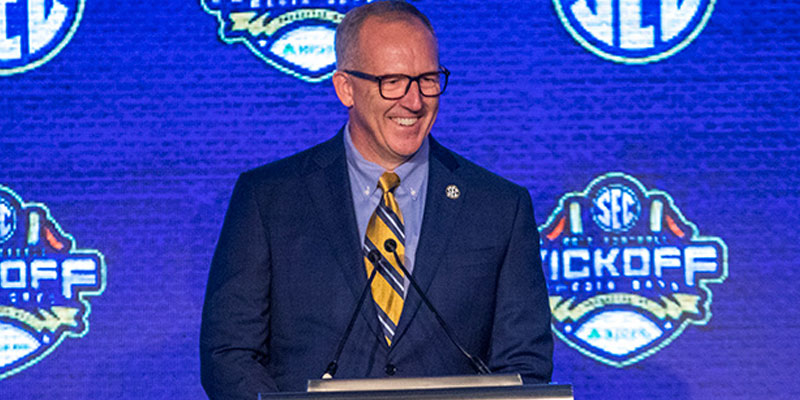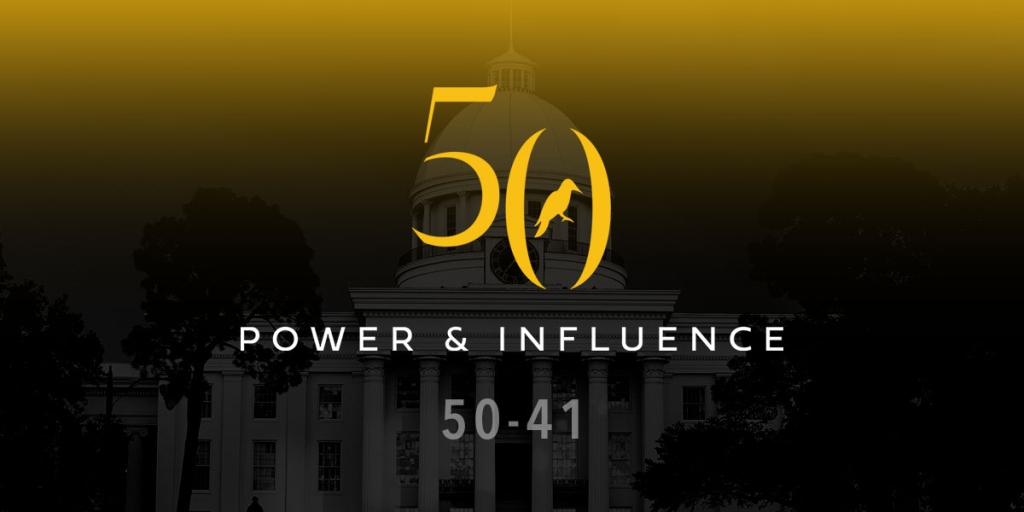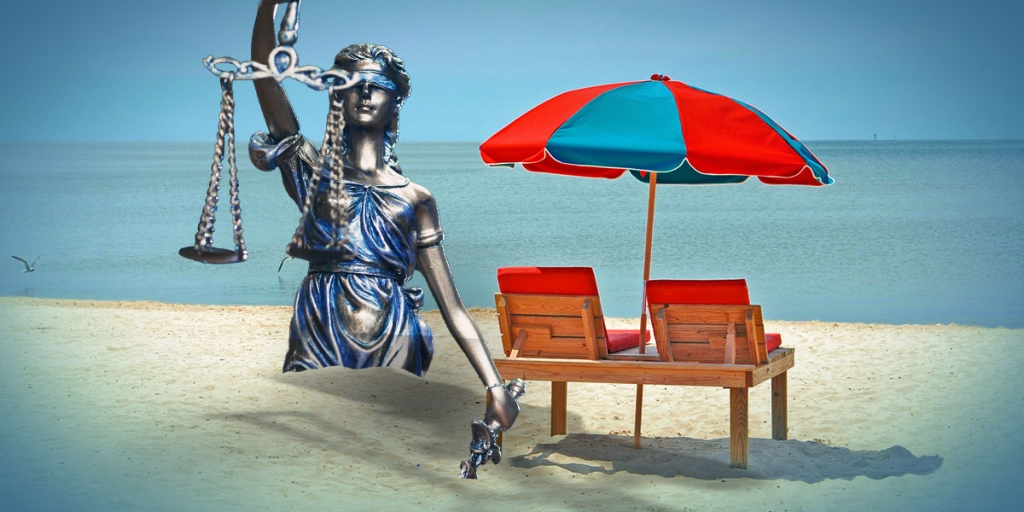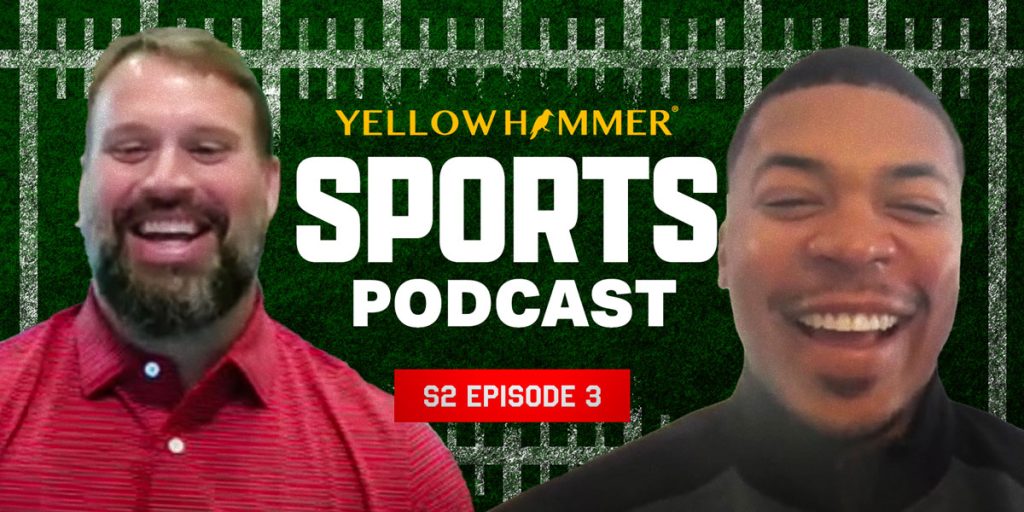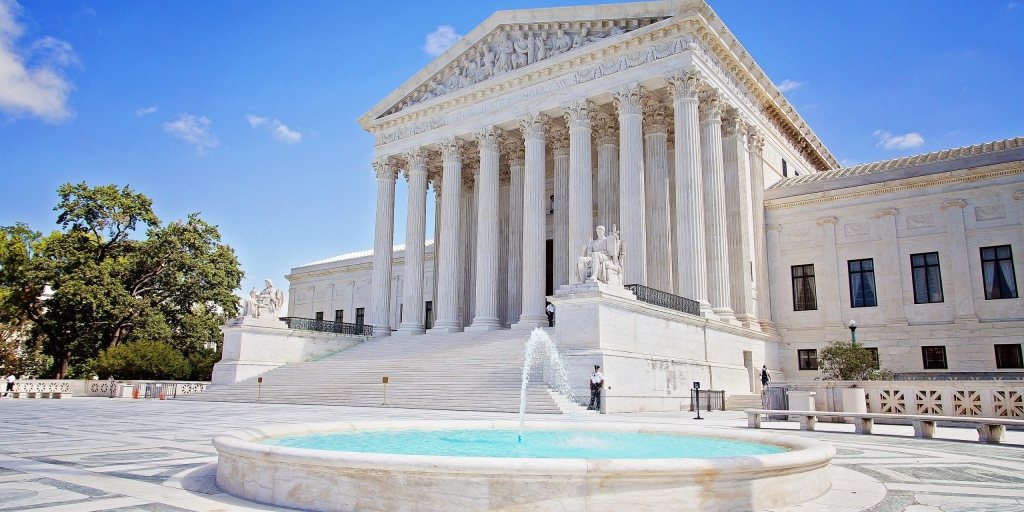In “Case” You Missed It is a Yellowhammer News column by Balch & Bingham attorney Tripp DeMoss that briefly summarizes a recently issued decision by higher courts like the U.S. Supreme Court and Alabama Supreme Court in cases of interest to Alabamians that they might not have otherwise heard about.
College football season is in full swing, presenting an excellent opportunity to check in on the status of the various antitrust cases related to the National Collegiate Athletic Association’s (“NCAA”) rules governing the use of name, image and likeness (“NIL”) by college athletes.
To summarize, over the past several months, both state attorneys general and private student athlete plaintiffs have been able to successfully deploy federal antitrust law to steadily chip away at the NCAA’s authority over its member institutions and student athletes related to enforcement of rules governing amateurism in college sports, particularly as to the use of NIL by student athletes. The results of pending NIL cases will gradually be made clearer during and after the current football season, but the trend of antitrust-based litigation against the NCAA may very well continue even after the current suits conclude.
You may have heard that back in February, U.S. District Judge Clifton Corker of the U.S. District Court for the Eastern District of Tennessee issued an order granting a motion for preliminary injunction sought by the attorneys general of Tennessee and Virginia against the NCAA’s NIL recruitment rule. The lawsuit specifically seeks to end the NCAA’s NIL rule banning boosters and NIL collectives from offering NIL deals to recruits as an inducement to commit to a particular school.
The premise of the NCAA’s rule against NIL based recruiting has often been referred to as a prohibition on “pay for play,” intended to preserve amateurism in college athletics. Tennessee and Virginia argue that the NCAA’s NIL recruiting rule violates the Sherman Antitrust Act. Under the Sherman Act, “every contract, combination in the form of trust or otherwise, or conspiracy, in restraint of trade or commerce among the several States…is declared to be illegal.” 15 U.S.C. § 1.
In his order, Judge Corker found under relevant provisions of the Sherman Act that the NCAA’s NIL recruiting ban had a substantial anticompetitive effect on NCAA member institutions being able to compete for student athlete recruits, and that the justification offered by the NCAA for the ban, i.e., the NCAA’s “special characteristic” as an organization fostering competition among amateurs, was insufficient to justify the NIL recruiting ban. Therefore, Judge Corker preliminarily found that the NIL recruiting ban violated the Sherman Act, and he enjoined the NCAA from enforcing the ban.
The order was issued on February 23, 2024 and applies to the NCAA nationwide. Interestingly, an amended complaint was filed in the case on May 1, 2024, with the states of Florida, New York, and the District of Columbia joining Tennessee and Virginia to challenge the NCAA’s NIL recruiting ban rules. Under the court’s latest briefing order, the NCAA has until September 30, 2024 to file its response to the latest amended complaint.
Meanwhile, several other lawsuits based on the NCAA’s alleged antitrust law violations related to NIL are currently pending in the U.S. District Court for the Northern District of California: House et al., v. NCAA, Carter v. NCAA, and Hubbard v. NCAA. Those lawsuits reached a global settlement in principle this past summer, but at a recent fairness hearing held on September 5, 2024, the presiding judge, U.S. District Judge Claudia Wilken, somewhat surprisingly declined to approve the nearly $2.8 billion proposed settlement that would primarily be paid out to student athletes.
Among other things, Judge Wilken expressed concerns about the House v. NCAA settlement agreement’s terms on third-party NIL restrictions, i.e., related to “boosters” and NIL collectives. A “booster” is a “representative of the institution’s athletic interests,” including anyone who promotes or financially assists the school’s athletics department or provides benefits to a student athlete, and Judge Wilken pointed out that ambiguity in who or what constitutes a “booster” could be problematic. Judge Wilken asked for revisions to the settlement agreement in advance of the next hearing on the matter, currently set for September 26, 2024.
Additionally, in Fontenot v. NCAA, an antitrust lawsuit brought by student athletes against the NCAA and major conferences pending in the U.S. District Court for the District of Colorado, that case may or may not be affected by the global settlement in the California litigation. An amended complaint was filed in Fontenot on July 23, 2024, but pursuant to the Colorado court’s August 29, 2024 order, the NCAA and athletic conference defendants will be able to respond to that latest complaint seven days after the California federal court issues a final order on the “global” NIL settlement.
Yet another NIL/antitrust class action lawsuit was just recently filed in the U.S. District Court for the Eastern District of Michigan, based in Detroit, on September 10, 2024. In Denard Robinson et al. v. NCAA et al., the plaintiffs, four former University of Michigan football players, sued the NCAA and the Big Ten Network for the defendants’ alleged unreasonable restraint of trade under the Sherman Act.
Put shortly, the plaintiffs are claiming monetary damages against the NCAA and the Big Ten Network for their loss of market value and suppressed earnings due to the former athletes’ inability to utilize NIL while they played for Michigan.
Finally, of note, in the somewhat related State of Ohio et al., v. NCAA case in the U.S. District Court for the Northern District of West Virginia, on May 30, 2024 the states of Ohio, Colorado, Illinois, Minnesota, Mississippi, New York, North Carolina, Tennessee, West Virginia, the Commonwealth of Virginia, and the District of Columbia, the U.S. Department of Justice, and the NCAA officially settled an antitrust case brought by those states and the DOJ that challenged the NCAA’s transfer eligibility rule.
The rule required that student athletes wait one year after transferring to a new institution before they could resume competing at the new school, but the settlement provides the NCAA must stop enforcing that rule.
In short, student athlete-led antitrust litigation could continue (albeit probably somewhat limited in scope) in Colorado and Michigan, and possibly elsewhere, against the NCAA even after the multi-billion dollar lawsuits are settled in California.
Tripp DeMoss is an attorney at Balch & Bingham in Montgomery, AL. He specializes in litigation, appeals, labor & employment matters, and public policy. A graduate of the University of Alabama and Georgetown University Law Center, he formerly served as a legislative aide and counsel in the U.S. House of Representatives, and as a political appointee in the U.S. Department of Labor. The views expressed here are his own, and should not be taken as legal advice.




